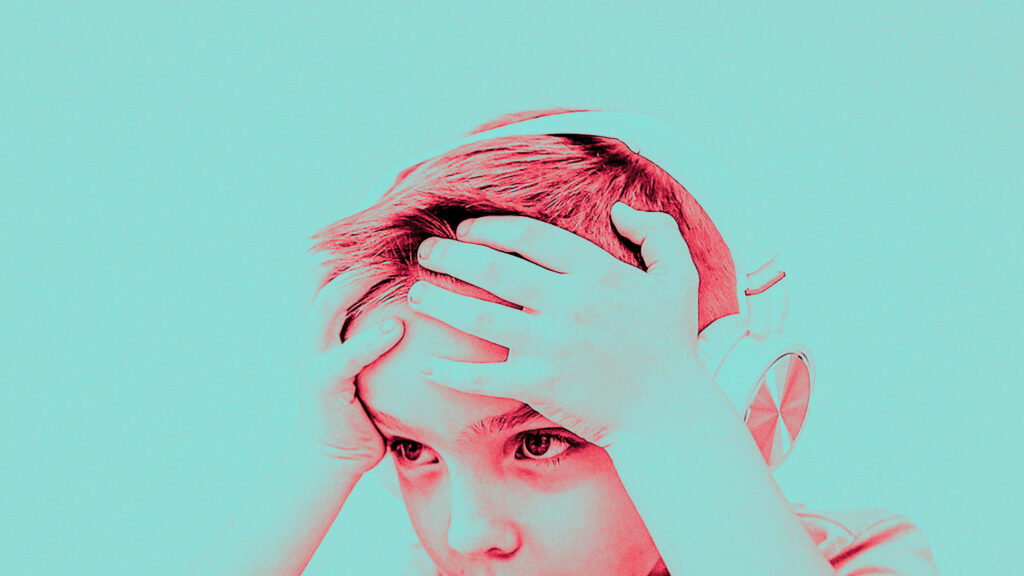TikTok is full of ADHD content that’s more fiction than fact. With ADHD-related videos trending, users are being fed a stream of information that doesn’t always align with science. This isn’t just about harmless fun. There’s danger in misinformation.
In fact, a recent study found that less than half of the ADHD claims in trending TikTok videos hold up against clinical standards. Researchers also highlight a worrying trend: young TikTok users begin to overestimate the prevalence and severity of ADHD.
Misinformation on the Rise
The digital world thrives on content, and TikTok is no exception. However, not all content is created equal. When it comes to ADHD, misinformation on TikTok is rampant. A study has unveiled that many creators aren’t health professionals, yet their content becomes a source of ‘expertise’ for many.
This easily accessible content is often misleading, as it frames ordinary behaviors as symptoms or overlooks the necessity of professional guidance.
The Influence of Viral Content
TikTok’s design is like a magnet for misinformation. Its fast-paced videos grab attention, but not always for the right reasons. When videos prioritize views and likes over facts, the truth gets lost.
TikTok users are known to equate popularity with reliability, thereby increasing their chances of accepting inaccuracies as truths.
Such content often blurs the line between entertainment and information, leading viewers, especially young adults, to believe exaggerated claims. They start to assume that ADHD symptoms are more common and severe than they truly are.
Entertainment Over Accuracy
Creators lean into humor, crafting skits that might draw laughs but skimp on facts. Comedy can simplify complex issues, but it also risks undermining them.
Engaging audiences sometimes comes at a cost—accuracy. Videos emphasizing entertainment over information can end up skewing perceptions about ADHD.
For example, a creator might showcase ‘ADHD moments’ that have little to do with actual symptoms. Such portrayals can confuse viewers, misleading them about what ADHD truly entails.
Unqualified Recommendations
Many TikTok creators suggest products or services without the needed credentials. From fidget spinners to life coaches, recommendations come thick and fast.
However, none of these creators in one particular study were licensed professionals.
This creates a confusion where users might take advice from personalities rather than genuine professionals.
Digital Impact on Diagnosis Views
The ADHD content landscape is complex, with numerous potential impacts on diagnosis. Increased consumption of TikTok ADHD content can lead to a perceived overdiagnosis crisis. Users might self-diagnose based on what’s trending rather than receiving professional evaluations.
Studies highlight that while some receiving content may have a formal diagnosis, the trending nature suggests a wider audience is tuning in out of curiosity or self-suspected symptoms.
Social Media’s Dual Role
Social platforms like TikTok can be both a boon and a bane for mental health awareness. They connect isolated individuals but can also perpetuate misconceptions.
The University of British Columbia researchers acknowledge TikTok’s potential to offer support. However, the platform also inadvertently shares oversimplified narratives.
Compounded with algorithm-driven content propagation, this can lead to serious misunderstandings about ADHD and mental health in general.
The Comedy Conundrum
TikTok creators often use humor to draw in views. But this can distort facts. Labels and ‘funny’ symptoms make ADHD seem like a punchline instead of a serious condition.
The risk here is obvious: misinformation spreads faster when it’s wrapped in a joke, altering how viewers perceive mental disorders.
Fast-Track to Misunderstanding
Videos chasing views can lead to misclassifying normal behaviors as ADHD. A shift from clinical guidelines to trendy content is worrying.
Platforms like TikTok need to oversee such trends as these skew perceptions beyond recognition.
Recommendations for Moving Forward
To counteract misinformation, there’s a need for accurate voices on these platforms. Awareness campaigns could help.
Collaboration with experts to create content that’s both appealing and true might be a viable solution.
Final Thoughts on TikTok’s ADHD Content
TikTok holds immense power in shaping perceptions. But unchecked, it can twist truths.
For a healthier platform, creators and users alike must prioritize truth over trends.
TikTok’s influence is massive but comes with risks. Users must tread carefully, separating fact from fiction amidst the fun. The platform’s engaging nature demands a cautious approach to content consumption in the mental health sphere.





